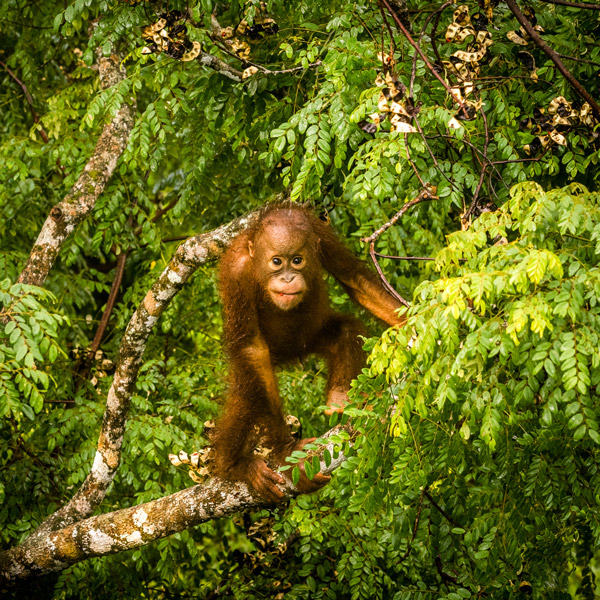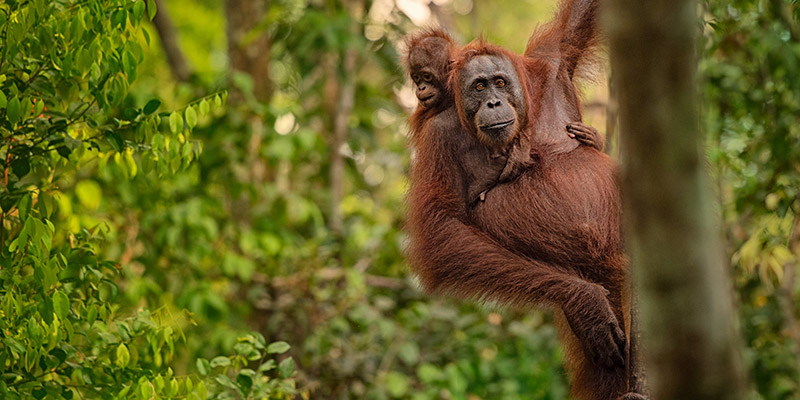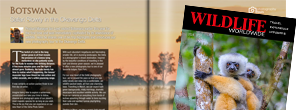Our orangutan watching holidays take you to search for them in the wild, as well as in semi-wild conditions of sanctuaries where orphans, captured and injured individual animals are rehabilitated. We offer a range of trips and locations chosen to give you the best experiences.



Why our holidays to see orangutans are so successful




Where to see orangutans
Native to Malaysia and Indonesia, orangutans are the only two exclusively Asian species of great apes still in existence, and are currently found in only the tropical rainforests of Borneo and Sumatra.
Although once considered a single species, since 1996 orangutans have been divided into two separate species: the Bornean orangutan (Pongo pygmaeus), which is further divided into three subspecies, and the Sumatran Orangutan (Pongo abelii).
Bornean orangutan

The Northwest Bornean orangutan (Pongo pygmaeus pygmaeus) is found in the Borneo Malaysian state of Sarawak and in the Borneo Indonesian state of West Kalimantan. You can see them in the semi-wild at Semmengoh Rehabilitation Centre just outside Kuching, Sarawak’s capital.
Orangutans are among the most intelligent of all primates – they use sophisticated tools and construct elaborate nests from branches and foliage. They eat primarily fruit and spend most of the day foraging for food – particularly wild figs and pungent-smelling durian. They are very arboreal and the majority of their time is spent in the trees. Each night they build a nest up in the tree canopy about 12-18 metres from the ground. In the wild they are generally solitary – due to the relative scarcity of food in the forest and the lack of predators, and can live over 30 years.
Our dedicated Borneo’s orangutans trip visits the finest sites for tracking, watching and photographing orangutans in the wild.









